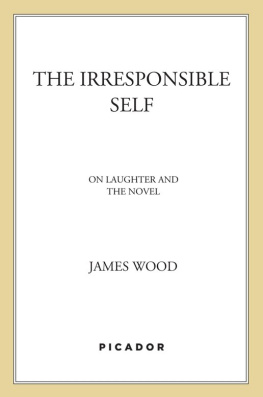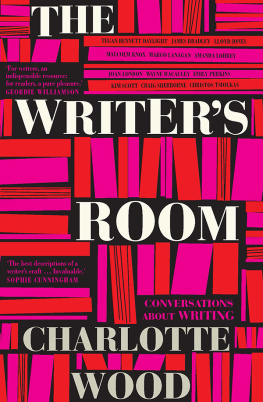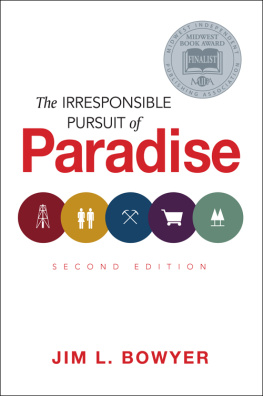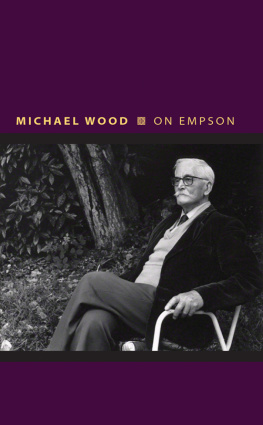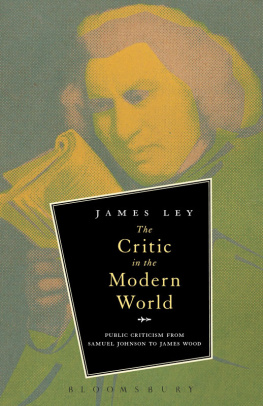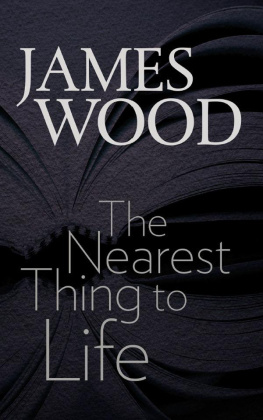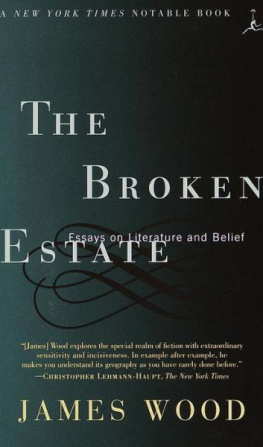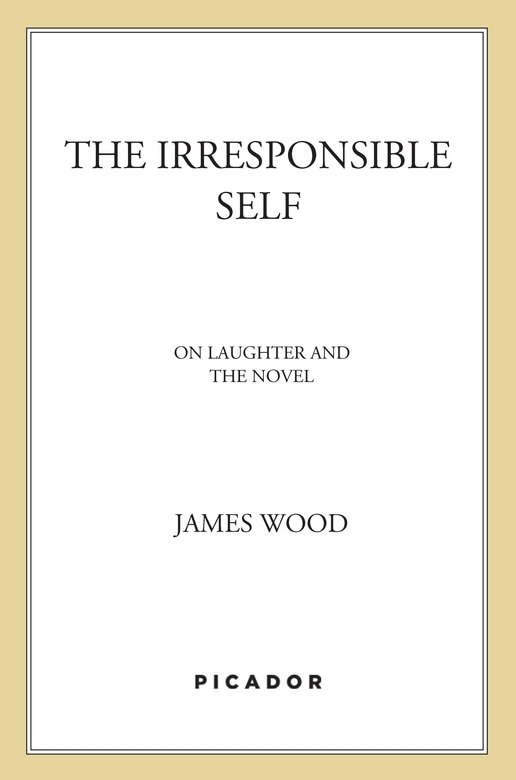Comedy, like death and sex, is often awarded the prize of ineffability. It is regularly maintained that comedy cannot really be described or explained, that to talk about it is merely to do it noisy harm. Particular derision is reserved for the formal criticism of comedy, which seems to most sensible people like an unwitting bad joke, since nothing is funnier than solemnity about laughter. But the people who resist the intrusion of criticism into comedy are often the same people who claim that a poem or music or the idea of beauty cant really be talked about either.
Such people seem to fear too much self-consciousness, or to have too little faith in words, and in particular too little faith in the possibilities of exegesis. Actually, much comedy is explicable, exhaustively so; what can be a little absurd are theories of comedyso plentiful in modern timesthough that did not deter Schopenhauer, Baudelaire, Meredith, Bergson, or Freud. Since I obviously believe in criticisms capacity to talk about many things, I will offer for critical discussion a joke or, really, a witty reply. One London lunchtime many years ago, the late poet and editor Ian Hamilton was sitting at his usual table in a Soho pub called the Pillars of Hercules. The pubwas where much of the business of Hamiltons literary journal, The New Review, was conducted. It was sickeningly earlynot to be at work, but to be at drink. A pale, haggard poet entered, and Hamilton offered him a chair and a glass of something. Oh no, I just cant keep drinking, said the weakened poet. I must give it up. Its doing terrible things to me. Its not even giving me any pleasure any longer. But Hamilton, narrowing his eyes, responded to this feebleness in a tone of weary stoicism and said in a quiet, hard voice, Well, none of us likes it.
I think Hamiltons reply is very funny; and so did The New York Times, which reproduced it in its obituary of Hamilton, but mangled it by failing to italicize likes. That such a mangling is instantly felt as damage suggests that the joke is indeed explicablefor we instinctively know that the comedy of the reply inheres in that wearily stressed verb likes. So why is it funny? There is comedy in the inversion of the usual idea that drinking is fun and voluntary. In Hamiltons reply, drinking has become unpleasant but unavoidable, one of lifes burdens. The cynical stress on likes gives the reply a sense of weary dj vu: it sounds as if Hamilton is so obviously citing a truism that it is barely worth saying it aloud. It is always funny when singular novelty is passed off as general wisdom, especially when it is almost the opposite of the truth.
The joke simultaneously plays on the inversion of drinking as good fun while playing off the grim truth of alcoholism, which of course is indeed a state in which drinkers may not much like alcohol but cannot release themselves from it. Against those two worldsthe world of ordinary, pleasant, voluntary drinking, and involuntary alcoholic enslavement Hamiltons reply proposes a stoical tragicomic world, populated by cheerful but stubborn drinkers doing their not very pleasant duty. The joke seems to me to open, in a moment, a picture at once funny and sad.
Hamiltons comic stoicism also creates, like much comedy, an alternative community. Instead of asserting his difference from the poet (Well, so be it, but I still like drinking), Hamilton effectivelysays, Well, so be it, but were all in the same boat, and none of us is having a good time. Hamiltons reply barely offers the poet the chance of resigning from this community; we are all stuck in it: it is the price of adulthood (or literary adulthood). At the same time, the joke can only work if it rests on the idea of a normative community, the ordinary world in which people enjoy drinking and are free to drink or not to. Mildly rebellious, the joke is also oddly forgiving, because Hamilton offers himself as the weary, downtrodden example of what living in this alternative community will do to you, and of fers the alternative community as the real normative one. The beauty of the quip is that it seems at first to assert a superiority, only, on closer inspection, to offer a helpless commonality.
I like Hamiltons joke, too, because it arises gently from its context, out of a natural exchange, and in so doing offers us access, albeit fleeting, to the character of the man who made it. It is unflashy; it is not an obviously great or crushing mot. It represents the opposite of those forced moments when someone says Do you want to hear a joke? at which point most of us freeze, alarmed that we wont get the punch line, and nervously aware that we are now inhabiting a comic moment. In literature, there are novels that have the feel of Hamiltons quipnovels in which a mild tragicomedy arises naturally out of context and situation, novels which are softly witty but which may never elicit an actual laugh; and there are also comic novels, novels which correspond to the man who comes up to you and says, Have you heard the one about ? novels obviously very busy at the business of being comic. Tristram Shandy, for instance, is in multifarious ways a marvelous book, but it is written in a tone of such constant high-pitched zaniness, of such deliberate liveliness, that one finds oneself screaming at it to calm down a bit. Dr. Johnson, a greatly tragicomic figure himself, found Tristram Shandy too eccentric to bear. The hysterical realism of such contemporary writers as Pynchon and Rushdie is the modern version of Sternes perpetual excitements and digressions.
The subject of many of this books essaysthe implicit and notalways explicit subjectis a kind of tragicomic stoicism which might best be called the comedy of forgiveness. This comedy can be distinguished if a little roughlyfrom the comedy of correction. The latter is a way of laughing at; the former a way of laughing with. Or put it like this: at one extreme of comedy there is Momus, the ancient personification of faultfinding, reprehension, and correction, who appears in Hesiod and Lucian. And at the other extreme of comedy, in the area now called tragicomedy, is the irresponsible self.
Not necessarily funny himself, Momus roots out absurdity and foolishness. He sees through you; he truffles for folly. Poor Coleridge, the tormented opium addict who had much to fear from being seen through, shudders, in the Biographia Literaria, at the horror of Momuss fabled desire to put a glass window in the breast of man so that his heart could be seen.
Momus, you might say, is the patron saint of satirists. The comedy of correction, which would include the Aristophanes of The Clouds and The Wasps, Leon Battista Albertis allegorical comic tale Momus (written in the 1440s), Erasmus, Rabelais, some elements of Cervantes (though Don Quixote amiably contains many comic modes), Swift, Molire, and Flauberts Bouvard and Pcuchet, is satirical in impulse, frequently violent and farcical, keen to see through the weaknesses of mankind, and essentially prenovelistic. Bouvard and Pcuchet, though written in the heyday of the novel, is the exception that proves the rule: it is actually much less like a novel than a treatise, written to prove how repetitively stupid we all are, by a writer whose comedy is often cruel, who was obsessed with the folly and vices of bourgeois idiocy, and who complained in a letter that he found the characters in Madame Bovary deeply repulsive
Flaubert was really a religious writer who transferred his devotion to aesthetics. He had the old religious impulse to scourge and check his characters. Indeed, the comedy of correction might be called religious comedy, since the ambition of total transparency, thedesire to put a window in the human heart, strikes one as essentially religious. Kierkegaard sounds like Momus when he exults, in Fear and Trembling, that a man sitting in a glass case is not so constrained as is each human in his transparency before God. That transparency received its memorably terrifying formulation when Jesus who weeps but who never laughs in the Gospelsadmonished us that to look on a woman with an adulterous heart is to have committed the act; we are known, through and through. Or if we are not fully known, as in Flaubert, there is a feeling that we should be. The few references to Yahwehs laughter in the Old Testament are all examples of laughing at, not laughing with: in Psalm 2, we are told that God will laugh at the heathen and have them in derision; and again in Psalm 37, that the Lord will laugh at the wicked man, for he seeth that his day is coming.

